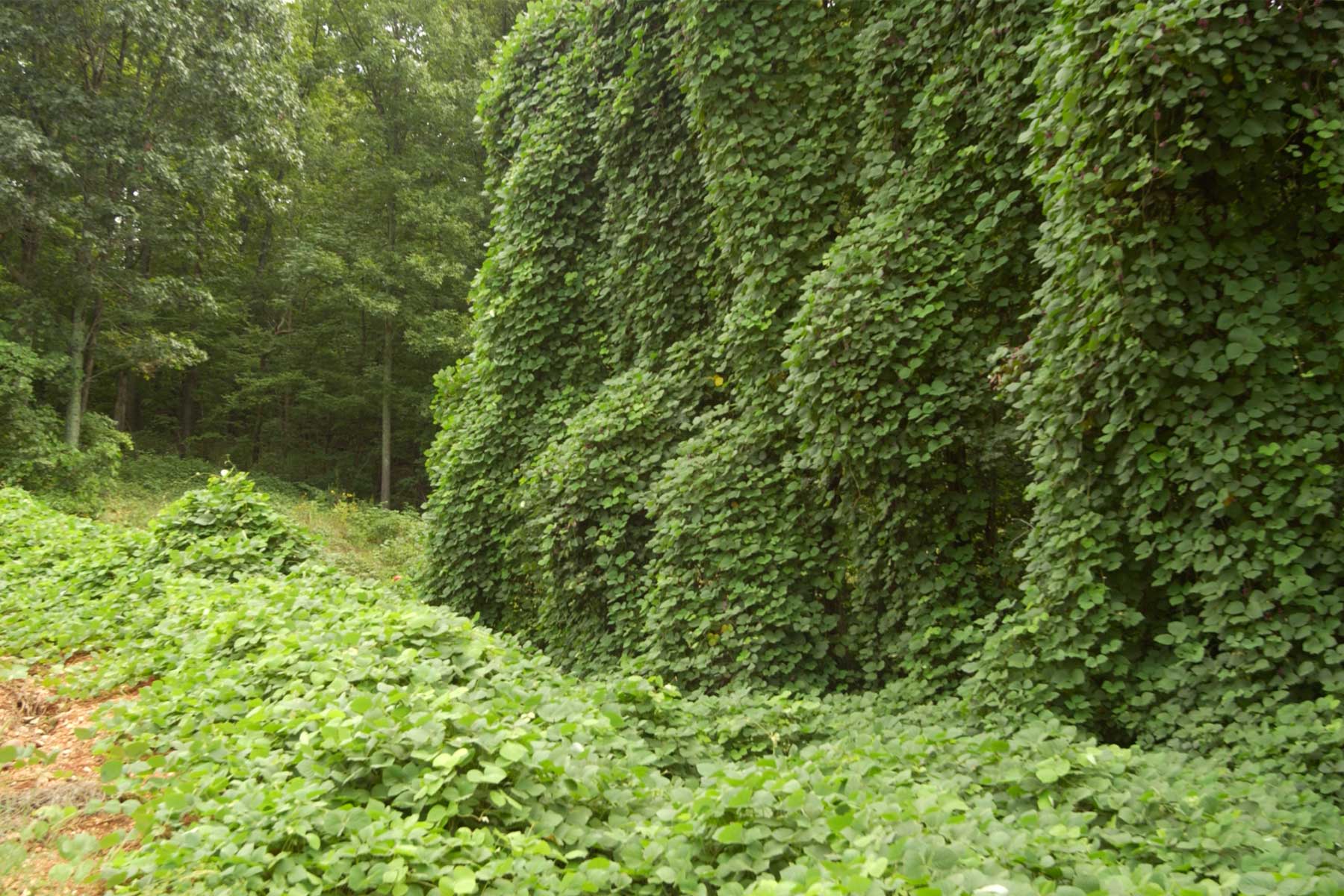Sneh Bangar, a postdoctoral researcher from Clemson University, believes she has found a way to use pearl millet starch and abundant kudzu vines to reduce the roughly 400 million tons of plastic waste produced on Earth each year.
Her dissertation – “Development, characterization and application of pearl millet starch-based nanocomposite films reinforced with kudzu cellulose nanocrystals” – describes a process to create a bio-polymer -based film called Biopack from pearl millet starch reinforced by kudzu weed cellulose nanocrystals. The starch-based film is designed to biodegrade after a single use.
Pearl millet is a warm-season crop grown throughout the United States for animal feed and fodder. About 70% of each pearl millet grain is starch, which is a renewable, natural and biodegradable polymer.
However, starch-based films have some practical limitations, including poor processability, limited strength and limited high-water absorption capabilities, but modifications can be made to overcome these constraints.
“Cellulose is the most abundant renewable natural polymer on earth,” Bangar said. “Using cellulose nanocrystals to reinforce starch improves functionalities of starch-based films. This research is important because not much work has been done to explore the cellulosic fibers of weed species such as kudzu.”
Kudzu is a weed found throughout most of the southeastern United States. Kudzu grows well under a wide range of conditions and in most soil types. It is a vigorous weed that can grow enough to smother out neighboring plants or trees. Vines can also cover nearby structures, utility poles, farm fences and more. In addition, kudzu can create environmental problems such as shading out native species in forest understories, altering soil chemistry and decreasing native biodiversity.
Because kudzu grows abundantly throughout the South and is difficult to control, Bangar believes it would be beneficial to explore new ways to use the plant. Her lab is the first to isolate nanocrystals from kudzu to develop starch-based films reinforced with kudzu cellulosic fibers. In addition to cellulosic fibers and starch, the packaging material also contains clove bud oil.
Bangar used this film to store grapes in a cold setting. After 15 days, she found the grapes had maintained their weight, firmness and soluble solids. Soluble solids in grapes include sugars, organic acids, phenolic compounds, nitrogenous compounds and structural polysaccharides. Total soluble solids are used to estimate grape quality.
“This suggests starch-based films reinforced with kudzu cellulosic fibers and clove bud oil have the potential for commercial packaging of foods during short storage periods without affecting food quality and sensory attributes,” Bangar said.
The best way to dispose of Biopack is by composting. Biopack is designed to completely degrade within 3-4 weeks of disposal. It is designed to degrade into water and provide natural nourishment to the environment. If put into waste bins, the packaging will biodegrade on its own.
As she continues her research, Bangar is focused on developing Biopack for commercial use. Her hope is the product will be used to reduce plastic waste.
“Currently, the cost to commercially develop this biodegradable film is more expensive than plastic,” she said. “But we will continue our study. We hope to produce a film that can coexist with current manufacturing operations. Our focus is to develop active packaging films for wider market acceptability. We want to reduce rather than replace the amount of waste humans are generating.”







